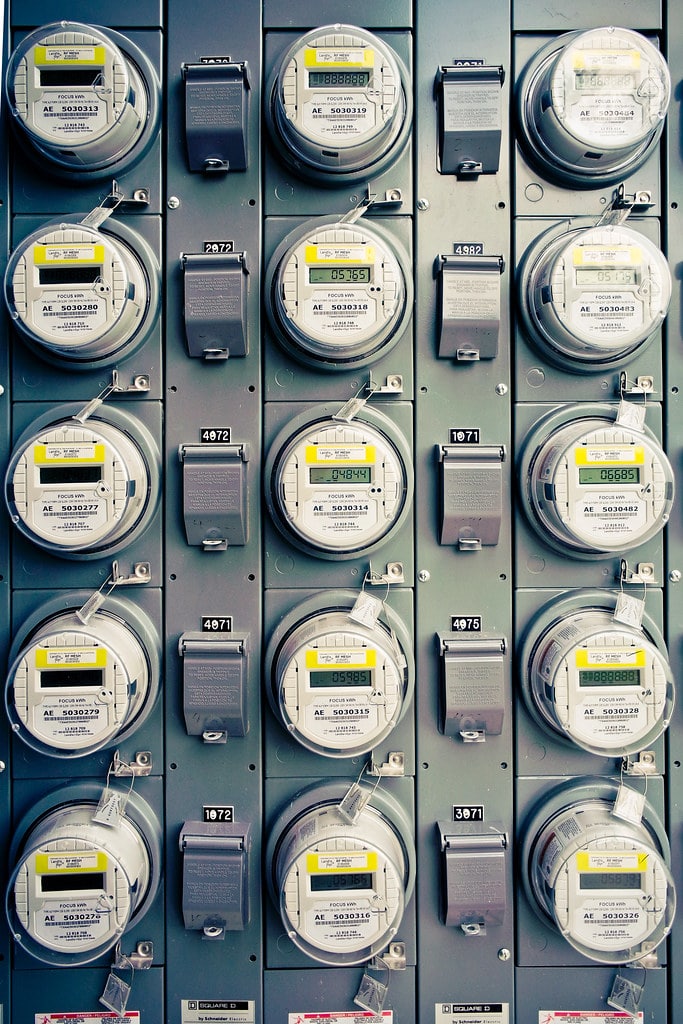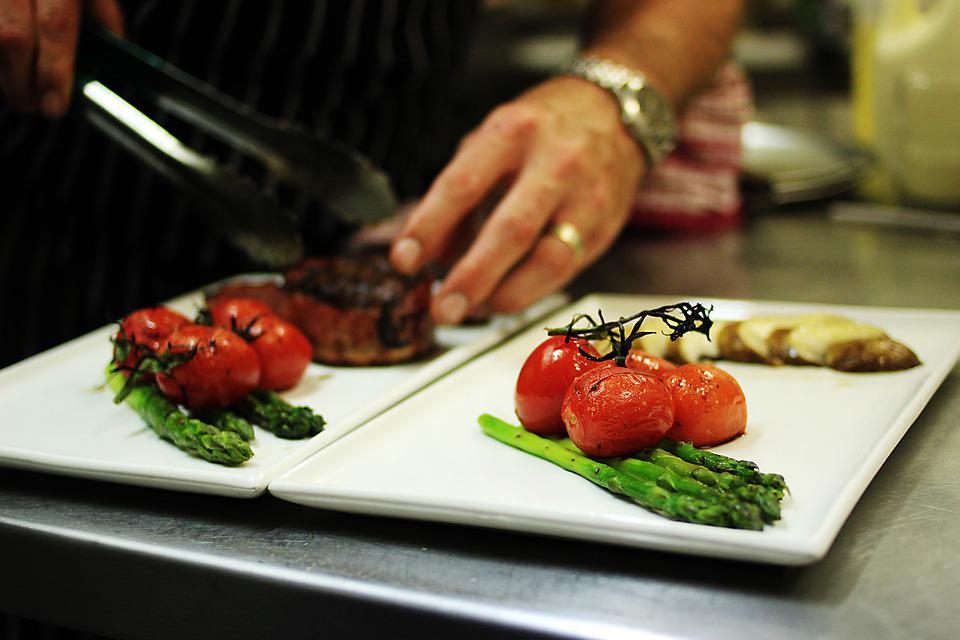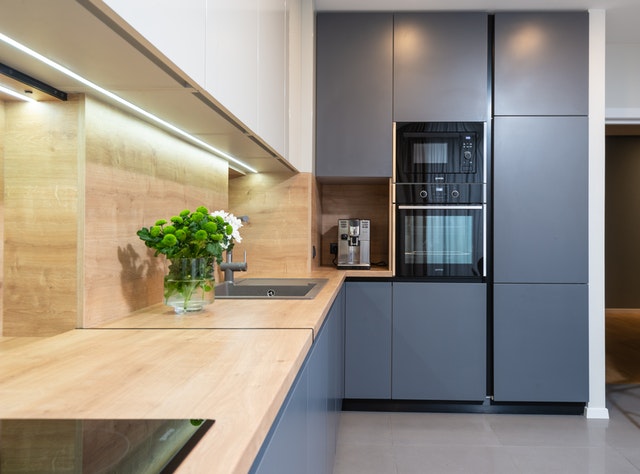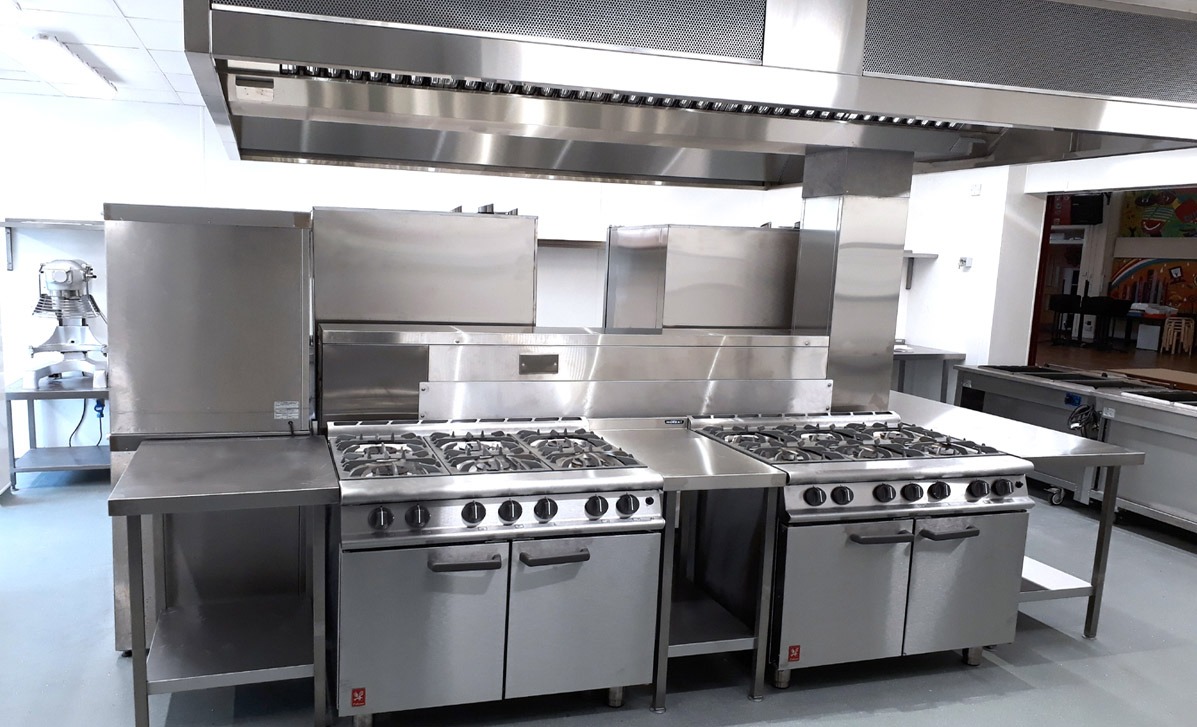When it comes to reducing energy consumption and carbon emissions in a restaurant kitchen, it is difficult owing to commercial equipment that consumes a lot of energy. The good news is that conserving energy in your restaurant kitchen is still possible and in many situations, it all boils down to selecting and installing the right equipment.
Smart kitchen appliances have become an important component to reduce energy consumption in restaurant kitchens. A completely integrated kitchen can inform clients where they can save money and reduce their environmental footprint by minimizing energy consumption.
The connected kitchen uses analytics from connected equipment to determine energy usage and provide maintenance notifications. It can even respond to voice commands and adjust the food temperature when needed, thus minimising human error and significantly improving customer service. With monitoring capabilities, connected kitchen equipment can automatically control temperatures and provide alerts when the food is ready, allowing your staff to focus on customer service and other important tasks.
The Falcon Connected Kitchen regulates equipment’s temperature and functioning, gives alerts and reminders, gathers statistics such as electricity consumption, and saves HACCP data.
One of the primary advantages of the Falcon Connected Kitchen is the ability to continuously monitor the preparation process, enabling the kitchen staff to focus on the amount and quality of ingredients. The kitchen staff no longer needs to manually register HACCP data since the system’s sophisticated sensors take measurements and make them accessible for inspection at any time. All the previous data is securely saved and can be instantly accessed.
One of the primary advantages of the Falcon Connected Kitchen is the ability to continuously monitor the preparation process, enabling the kitchen staff to focus on the quantity and quality of ingredients . The kitchen staff no longer needs to manually register HACCP data since the system’s sophisticated sensors take measurements and make them accessible for inspection at any time. All the previous data is securely saved and can be instantly accessed.
Unlike other smart kitchen systems, Falcon can be installed on appliances from any manufacturer and they can all be accessed using the same platform and dashboard. The connected kitchen equipment monitors temperature and performance, provides warnings and reminders, gathers data such as energy usage and, as previously indicated, HACCP, and can be controlled remotely.
Such technologies not only track and control energy consumption in the kitchen, but also regulate other systems, such as heating, electricity, and ventilations and are pre-programmed to switch them on and off at certain times based on the settings.
Users can integrate any equipment to the Falcon Connected Kitchen with confidence, knowing that they will all be using the same system and interface.
The integrated kitchen has an ‘open platform’ concept making the food preparation process more convenient and efficient.




